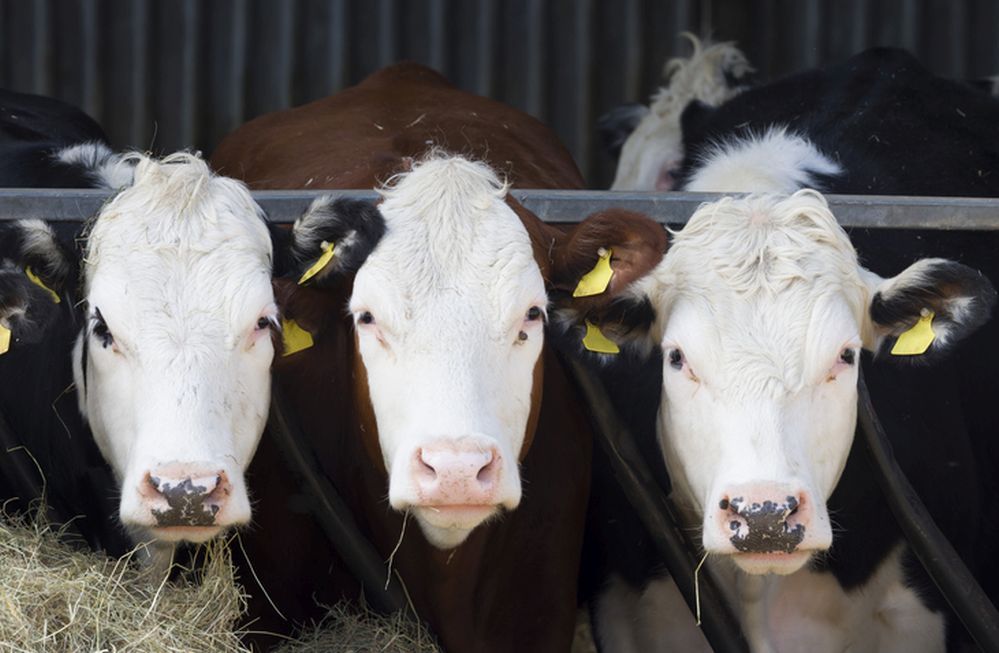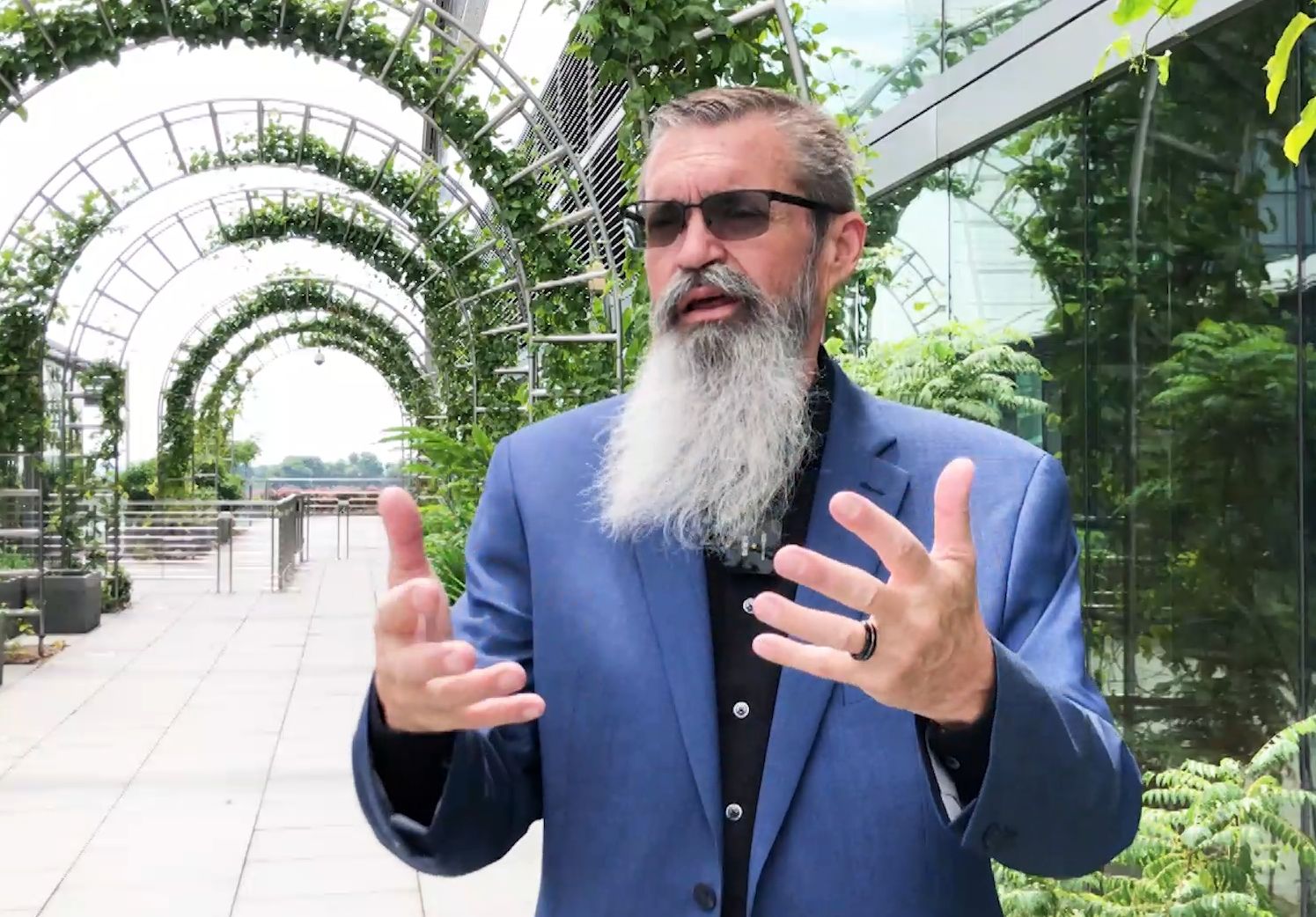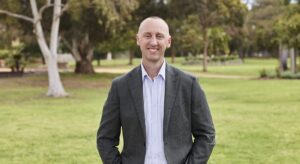[Disclosure: AgFunderNews’ parent company AgFunder is an investor in CH4 Global.]
CH4 Global, a startup dedicated to slashing methane emissions from ruminant livestock using red seaweed-based feed supplements, has signed its first offtake agreement with protein producer CirPro following successful commercial implementation in South Australian beef feedlots earlier this year.
Under the deal, CH4 Global will significantly increase the supply of its Methane Tamer supplements to CirPro and feedlot partners HB Rural and Mort & Co, allowing for the production of reduced-methane beef from 100,000+ cattle per day over time, with a significant portion destined for export markets.
“This offtake agreement is a game-changer for the global beef industry and a major milestone in our mission to bend the climate curve,” claimed CH4 Global CEO Dr. Steve Meller. “By partnering with industry leaders like CirPro, HB Rural, and Mort & Co, we are now positioned to meet the burgeoning international demand for beef with a significantly lower carbon footprint.”
Tests with CirPro suggest the supplements significantly reduce enteric methane emissions, but also improve productivity, with cattle in trials achieving the same weight gain as the control group while consuming less feed, according to CirPro CEO Reg Smyth.

Large-scale commercial facility to come online by year end
Headquartered in Henderson, Nevada, with operations in Australia and New Zealand, CH4 Global grows Asparagopsis (red seaweed) in patented vessels on land and deploys a patented processing method it claims reduces the loss of volatile bioactives, provides stability and reduces cost, waste and energy use.
“We have three commercial partners in Australia that we’re currently supplying out of our pilot facilities,” Meller told AgFunderNews. “Our new large scale new facility [the EcoPark, north of Port Lincoln in South Australia] will be complete by the end of the calendar year, and will enable us to supply those customers at much higher levels [to supplement the diets of up to 40,000 cows].
“Separately, and in parallel, we’re aligning partnerships with global multinational corporations including Lotte International, for exclusive supply into South Korea where we’d be looking at supplying up to 4 million cattle over time. That will require regulatory approval, and we’re working with Lotte and the Korean government to make that happen.”
He added: “The studies we’re doing are to show it’s effective in the local market. One has already been completed and the second should be completed before the end of the calendar year. Obviously we’re not in a position to feed 4 million cows on day one; that will require a much larger scale facility. We will also announce a partnership for supply into another Asian country, probably in the next one to two months.”
Separately, CH4 Global is working with a global corporation for potential supply in South America, said Meller. “We also have discussions with a global cheese supply company.”
Over 150 countries have signed the Global Methane Pledge, which aims to reduce methane emissions by 30%. This followed a report issued by the IPCC in May 2021 describing methane as “the single biggest lever for climate change impact in the next 25 years.”
Watch our interview with Dr. Steve Meller at the Asia-Pacific Agri-Foods Innovation Summit in Singapore in November:
Further reading:





